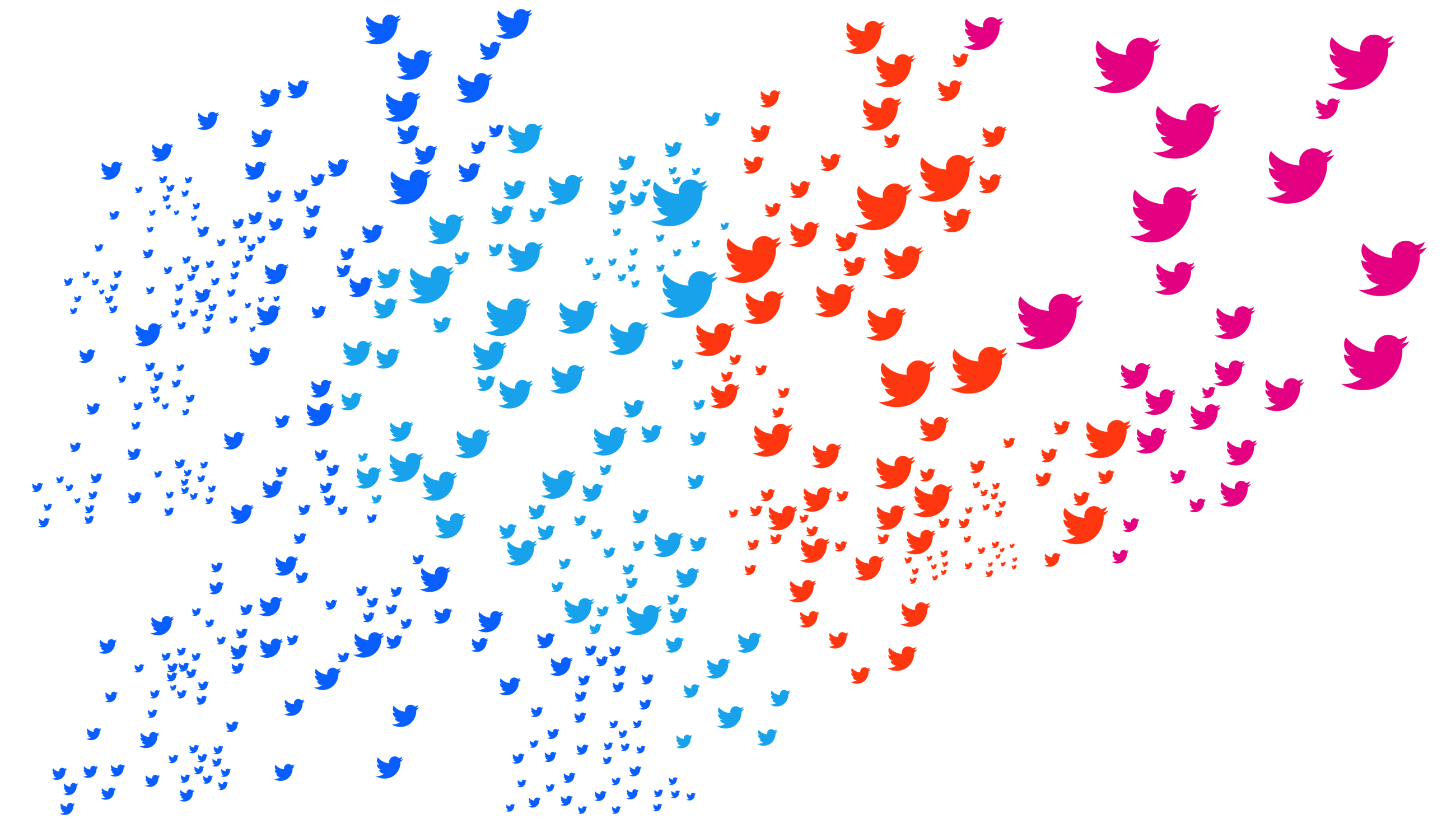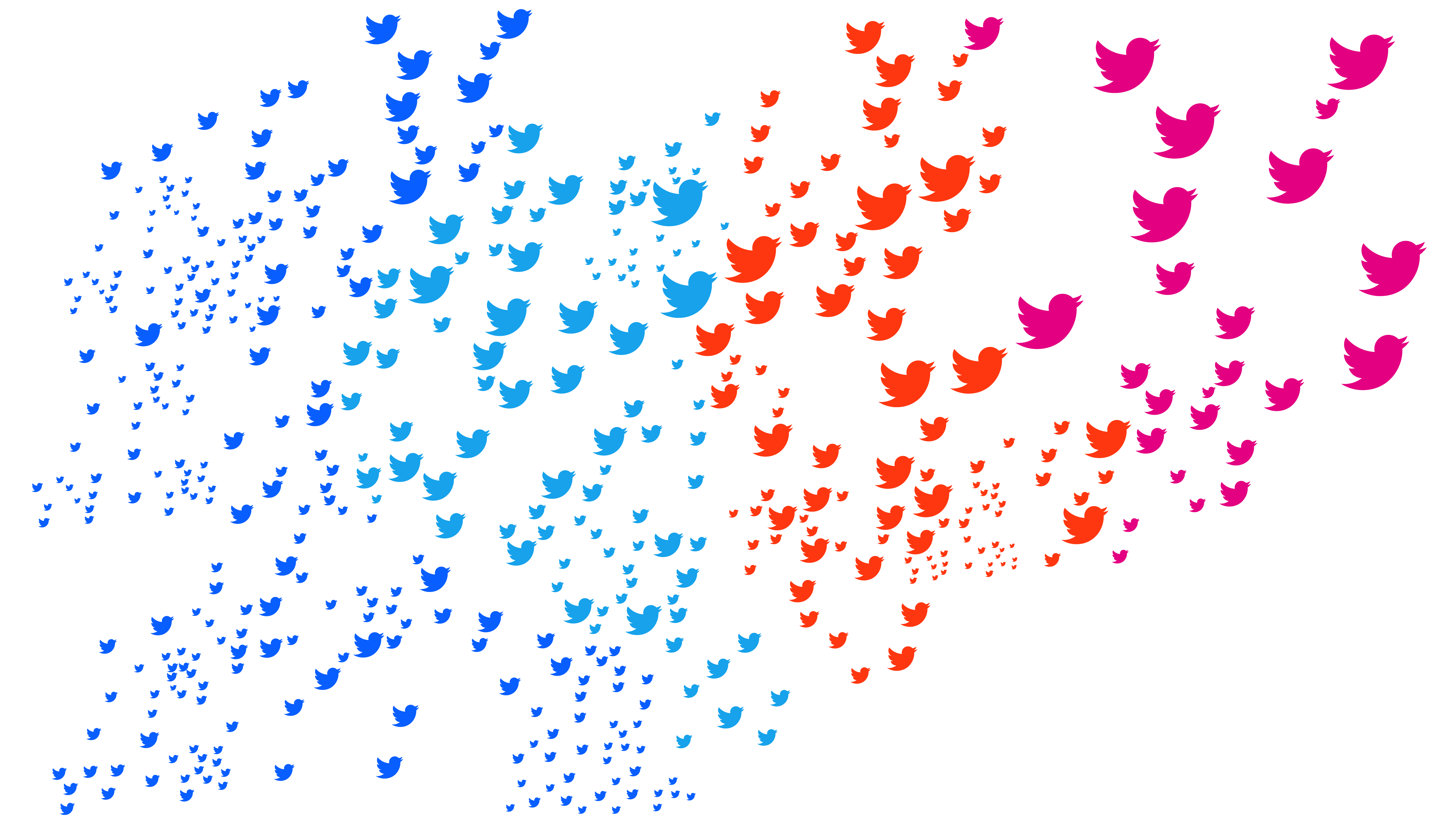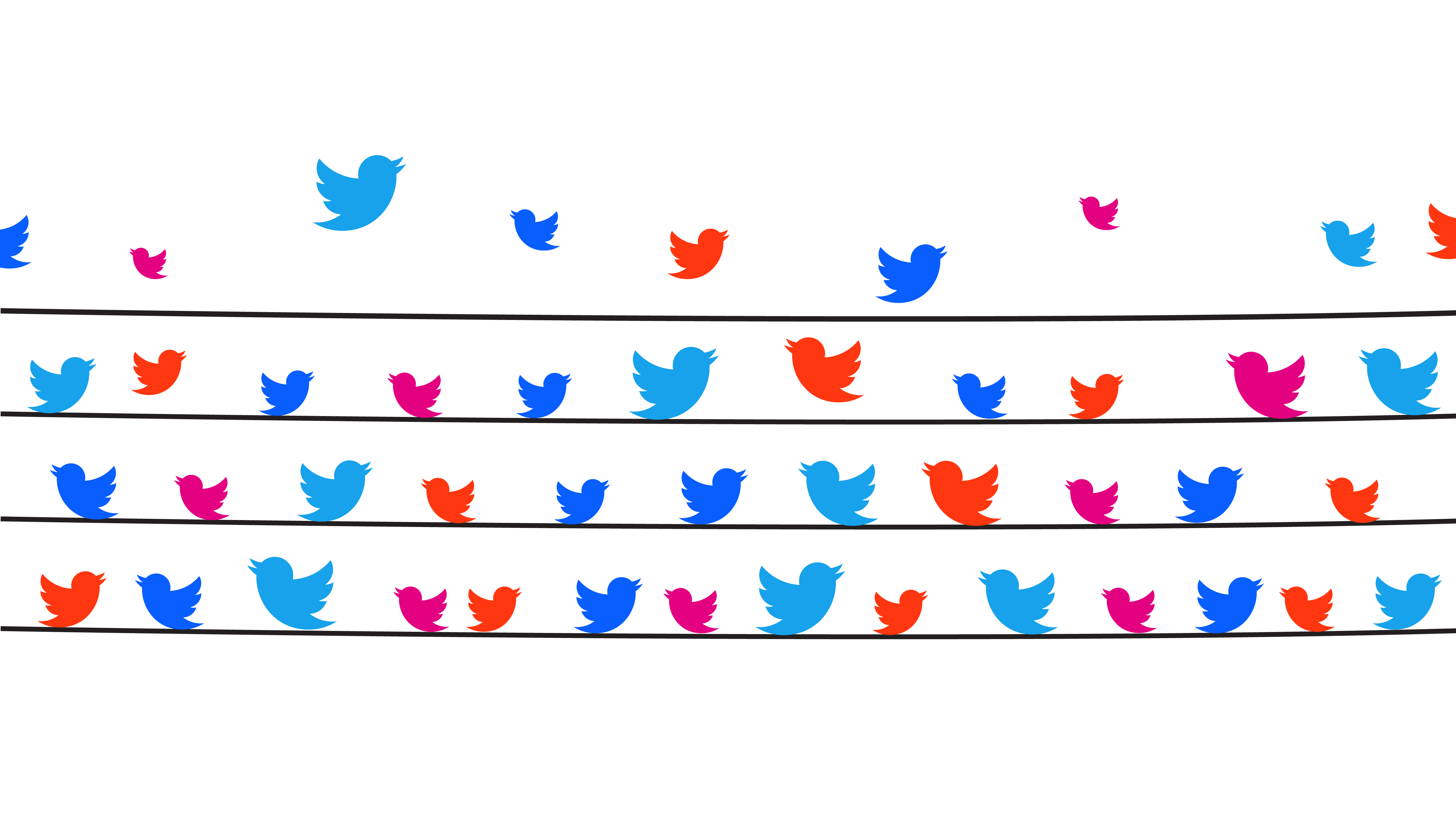On Dec. 17, 2019, Knight Foundation released a two-part study analyzing the political dynamics of 86 million tweets. Download part one of the study here, see part two of the study below, and read this blog post from Evette Alexander, Knight Foundation director for learning and impact.
Journalists are heavy users of Twitter, but what role do journalists play in political conversations on Twitter, and what role do they think they should play? And where were the best (e.g. most moderate, most civil) conversations on Twitter and Facebook that journalists were a part of, and how might journalists help those conversations improve?
Those were some of the questions examined in a textual analysis of Twitter threads, along with 42 in-depth interviews with journalists from 37 national or large metro news organizations and non-profit news organizations` who were very active on social platforms in broadcast/cable, radio, online and print, including several non-profits. Five major findings emerged:
1. “Not My Job:” Traditional journalists do not aim to decrease polarization. Amplifying extremists sometimes comes with the job of objectivity, unless there is a case of false equivalency as in climate change.
2. Amplify Journalism: Even if it’s from a competing news organization, the journalists we talked to respond to the onslaught of “fake news” by countering with “good” journalism.
3. “The Great Pullback:” Journalists abandon Twitter for audience engagement. Instead they only use the platform for networking with other journalists or political elites or to push content. Many are turning to more private connections with audiences. The result is less access for non-connected, non-savvy citizens who do not know how to get on news listserves or into closed Facebook groups.
4. “Journalists Diverge:” We are witnessing a rising class of “engagement specialists” who are carefully constructing online communities. These journalists say it is the press’ job to decrease polarization and to improve public discourse through intentional and authentic engagement on specific platforms.
5. “Friend Me/Us, Friend You:” Moderate dialogue happens when journalists engage directly and actively. Even participants on Twitter, when recognized by reporters, make meaningful posts centered in rational discourse, often changing their minds. Participants in closed spaces especially expect journalists to respond, guide, explain, theorize and analyze with them. In return, participants help maintain and nurture the community and also, re-subscribe, renewing bonds with the brand.
YOU MAY ALSO BE INTERESTED IN…
-
Information and Society / Report
-
Journalism / Article
-
Information and Society / Report



